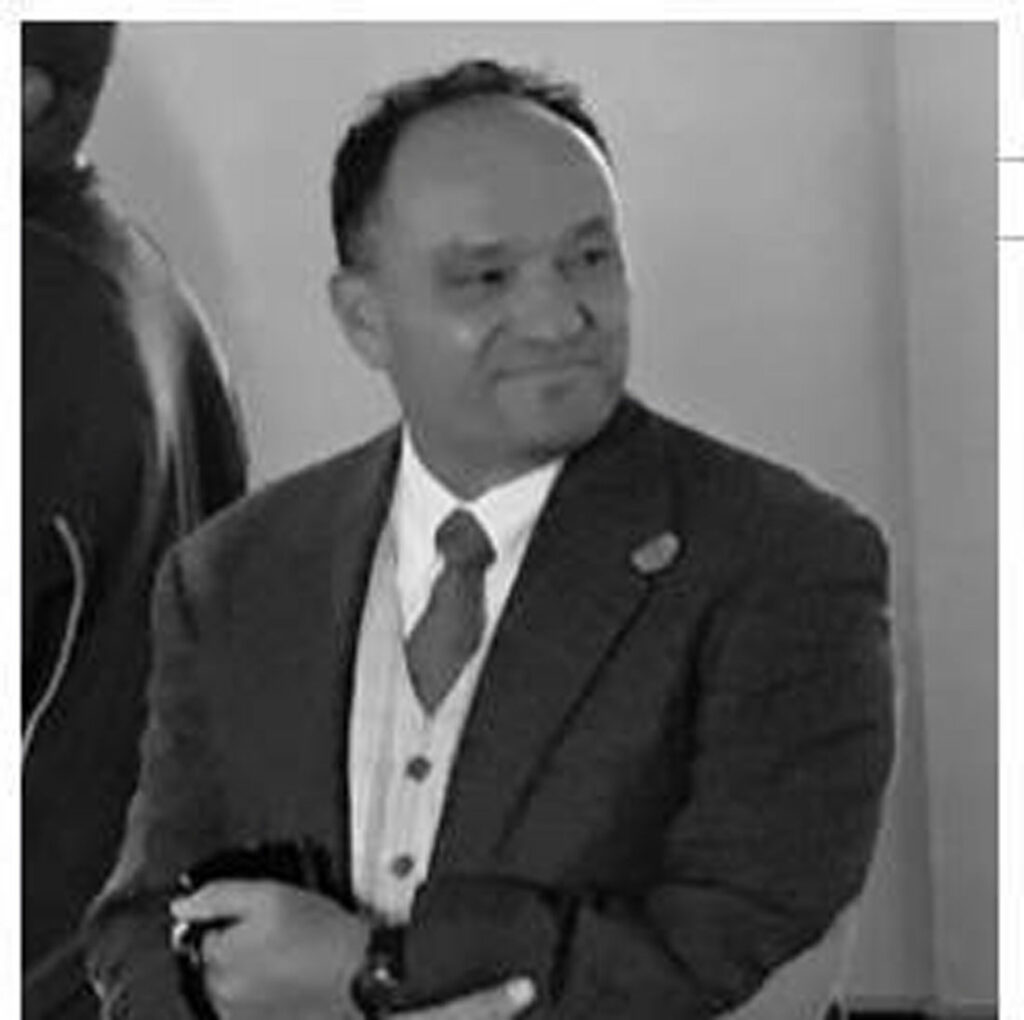The year was 1868 and the United States of America found itself three years past the greatest conflict our young nation had ever known. Originally called Decoration Day, it was May of that year that the first Memorial Day in our nation took place.
The following are excerpts from the first proclamation for the day….

“…is designated for the purpose of strewing with flowers, or otherwise decorating the graves of comrades who died in defense…and whose bodies now lie in almost every city, village and hamlet churchyard in the land…
“We should guard their graves with sacred vigilance…Let no neglect, no ravages of time, testify to the present or to the coming generations that we have forgotten as a people the cost of a free and undivided republic.
“Let us, then, at the time appointed, gather around their sacred remains, and garland the passionless mounds above them with choicest flowers of springtime; let us raise above them the dear old flag they saved; let us in this solemn presence renew our pledge to aid and assist those whom they have left among us a sacred charge upon the Nation’s gratitude—the soldier’s and sailor’s widow and orphan.”
Throughout the Bible the value of remembrance is repeated again and again. For God’s people it was central to remembering who they were, and how the Lord had acted on their behalf. More than simply remembering an event, the concept of remembrance calls on the person who is remembering to act. “Because of what you know, because of what has happened, because of what you remember….what will you do?”
What difference can remembering the sacrifice of those who gave their lives for our nation make for us today? Let me suggest three items for thought for our generation:
1. Remembering the cost born by others in their time of testing can strengthen a new generation’s resolve to bear the cost when their test comes.
2. Remembering what is at stake can give a new generation courage to stand their ground.
3. Remembering what has been done before can give a new generation hope to press toward what is ahead.
Memorial Day—we do not remember simply to remember. If that were the case, then the losses on the battlefield or at sea would be meaningless.
Rather, on Memorial Day we honor the cost and legacy of the freedoms passed down to each of us. As we remember, it is hoped that our imaginations are sparked in gratitude for the stories of those who have made the ultimate sacrifice before us. When we do so, to a great extent, we remember who we are.
Frank Riley is the former pastor at Morgan Hill Presbyterian Church and a Captain in the United States Navy Reserve serving as the 4th Marine Air Wing Chaplain.













